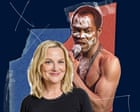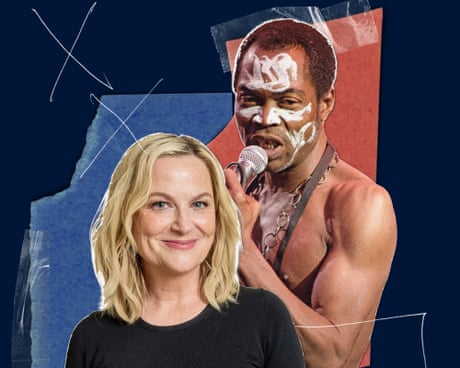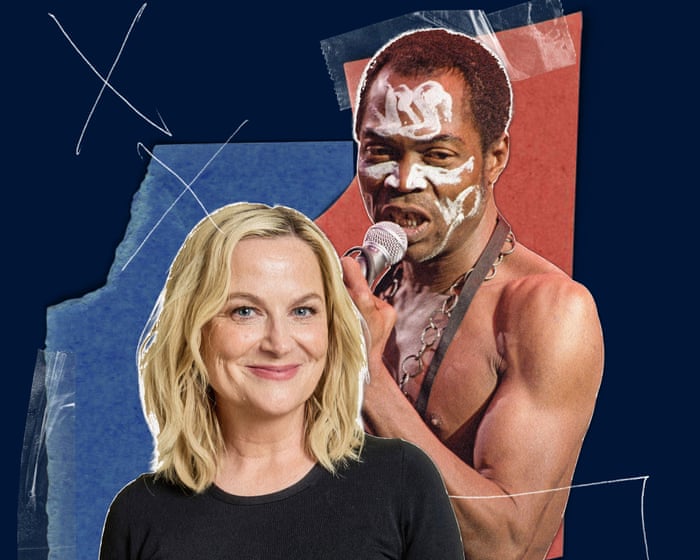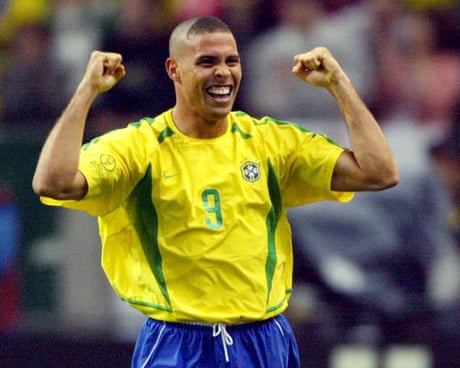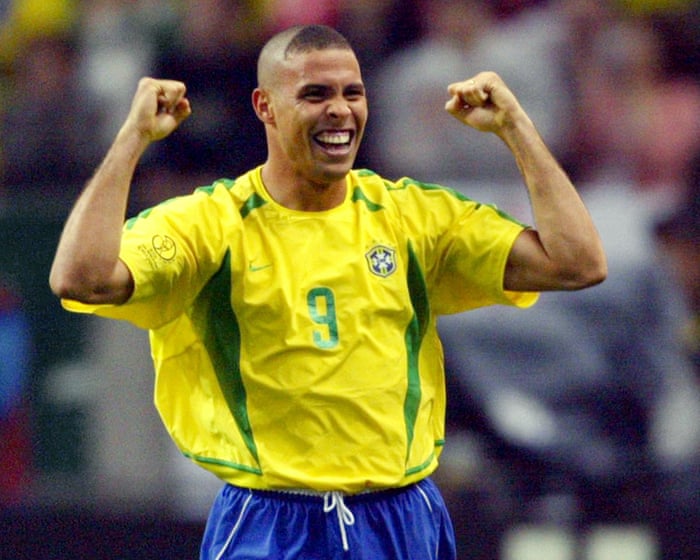Titanic Sinks Tonight review – it’s like you’re reliving that terrifying night
Our grim fascination with the doomed ship shows no sign of abating – so here’s a four-parter which makes it feel like you’re onboard. A truly intense watch
April 2026 will mark 114 years since the night that the RMS Titanic collided with an iceberg, but our grim fascination with the disaster shows no sign of abating. There was, of course, a surge of interest in the Titanic in the late 90s – thanks to James Cameron’s Oscar-bothering blockbuster – and there has been a steady stream of documentaries, dramas and podcasts about its demise ever since, some more sensitive than others (among the less tactful offerings: the 2010 film Titanic II – directed by Dick Van Dyke’s grandson Shane – a cash-in about a replica ship ravaged by a tsunami). Occasionally, the subject matter lurches starkly from the past back into the present. In June 2023, five people died on board an experimental submersible made by the company OceanGate; its passengers had hoped to see the liner’s rusting wreckage up close.
Titanic Sinks Tonight is a part-documentary, part-drama series playing across four nights, its episodes constructed from letters and diaries written by those on board, as well as interviews the survivors would give in the decades after. On the strength of the two episodes released for review, there’s no denying that it sates our appetite for Titanic-themed content. However, in centring the words and memories of those who lived through the terror of that night, it restores much-needed agency to those people. It also does well to bring a sense of reality to events that can sometimes feel unreal on account of their ubiquity, and that uncanny valley of Titanic-themed media. Central to its success is the presence of experts such as historian Suzannah Lipscomb and former Royal Navy admiral Lord West, to sharpen the corners of the story that Hollywood has sanded down.
Continue reading...
© Photograph: PHOTOGRAPHER:/CREDIT LINE:BBC/Stellify Media

© Photograph: PHOTOGRAPHER:/CREDIT LINE:BBC/Stellify Media

© Photograph: PHOTOGRAPHER:/CREDIT LINE:BBC/Stellify Media
